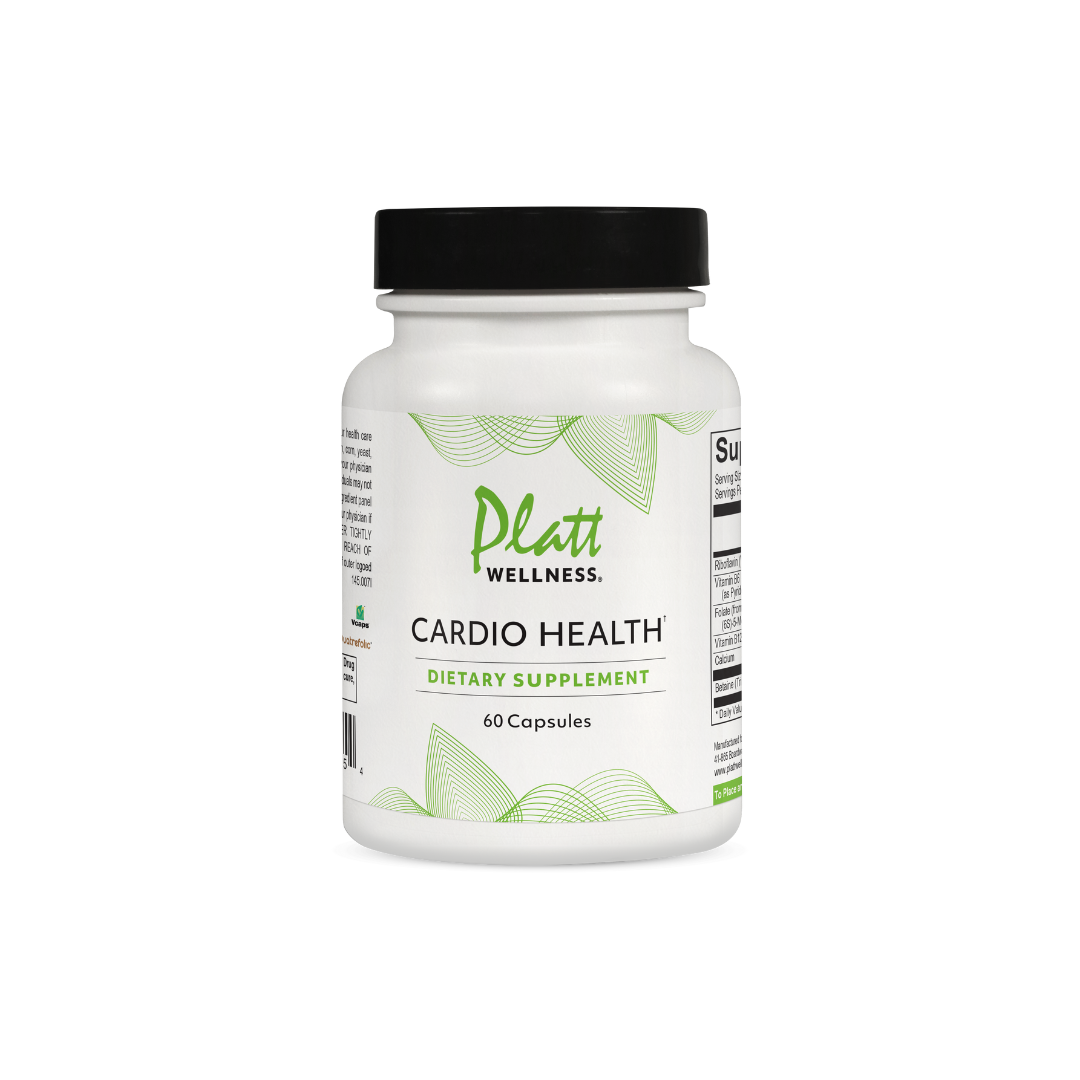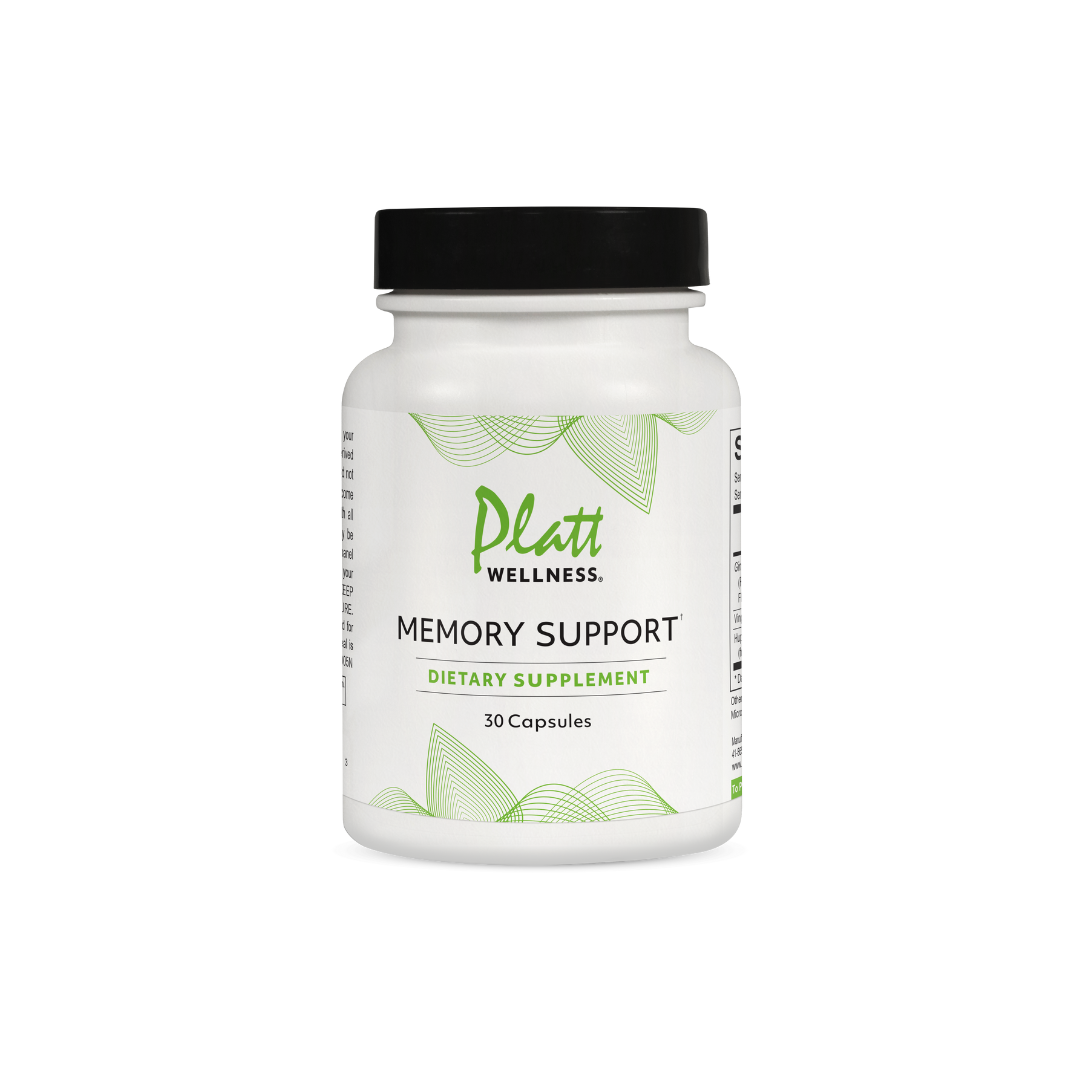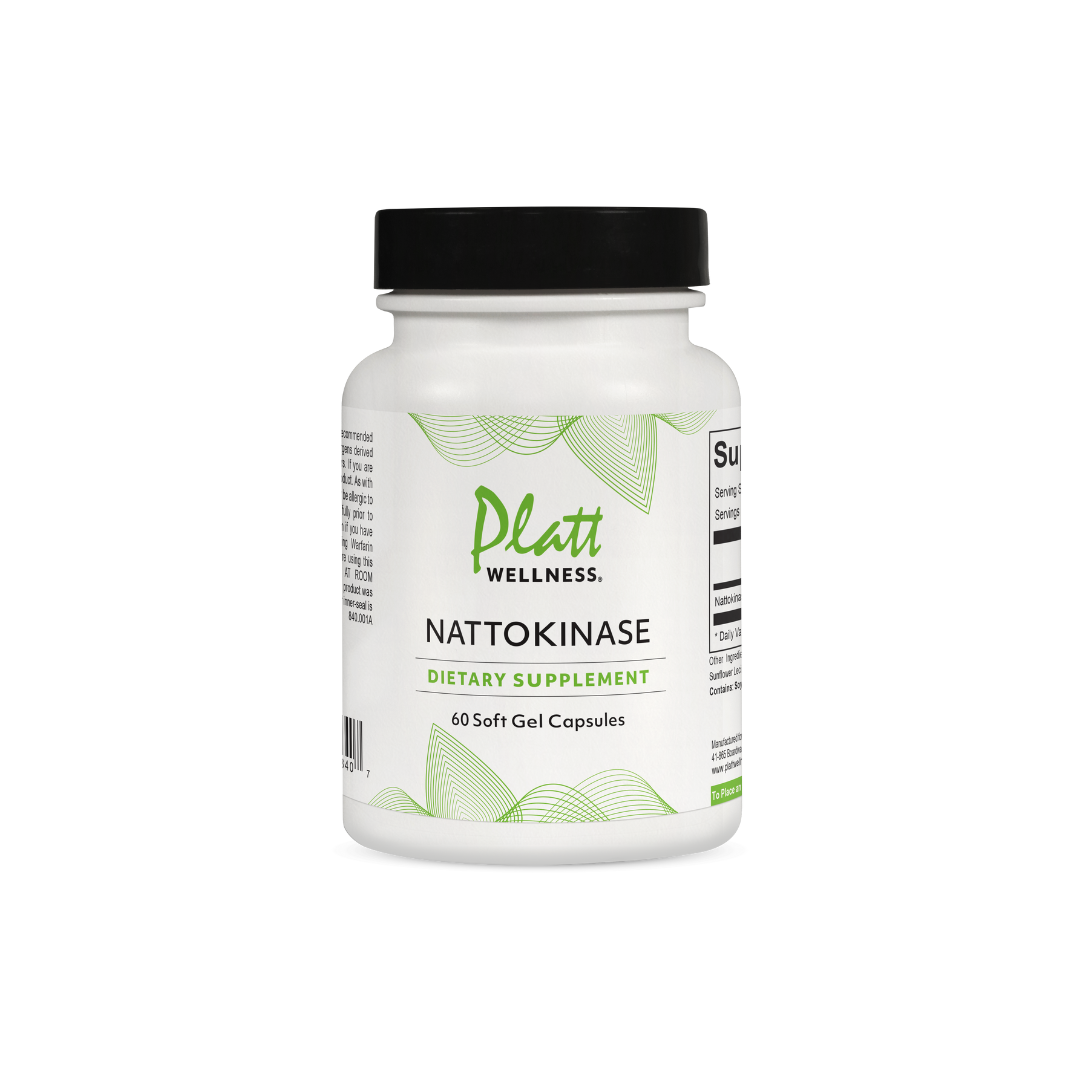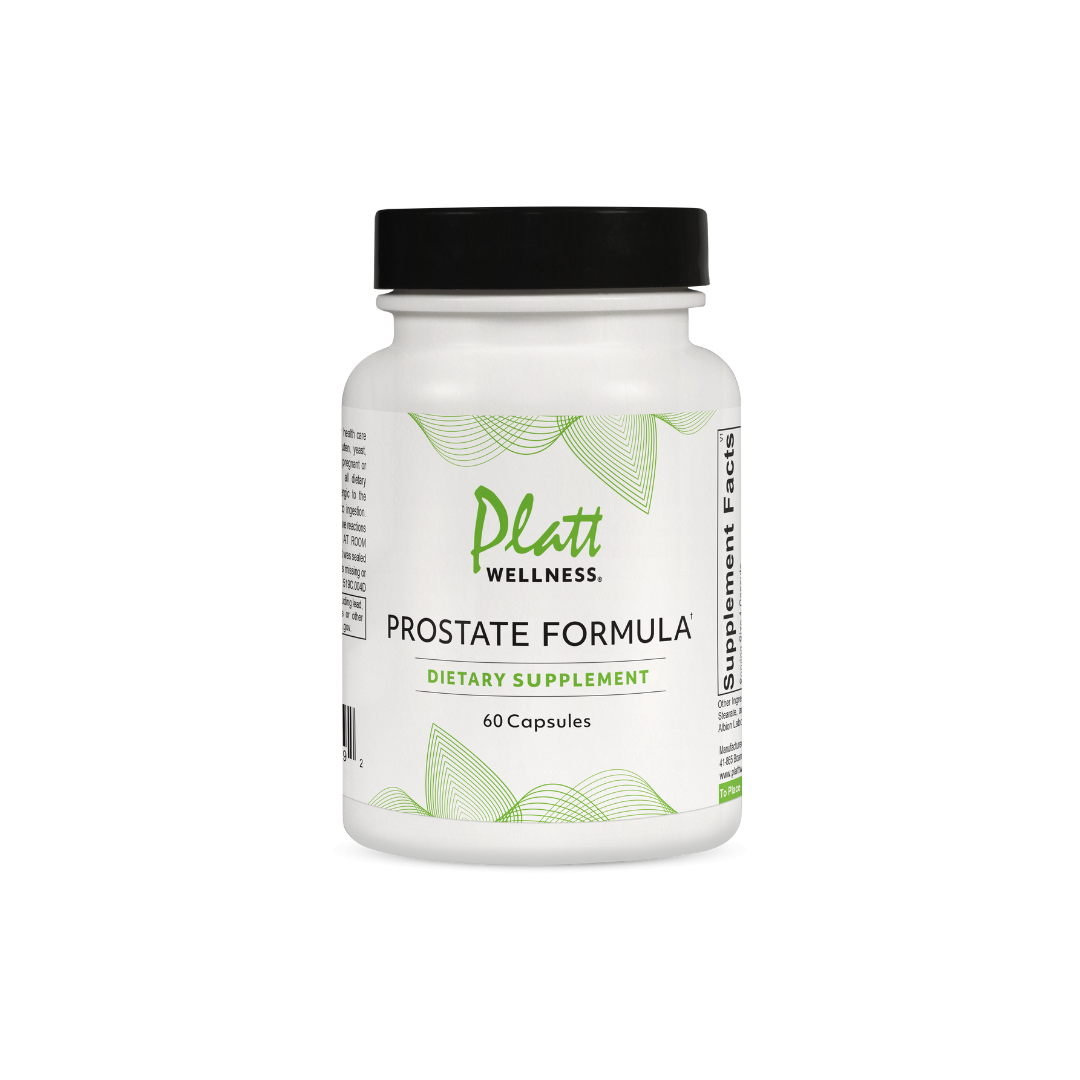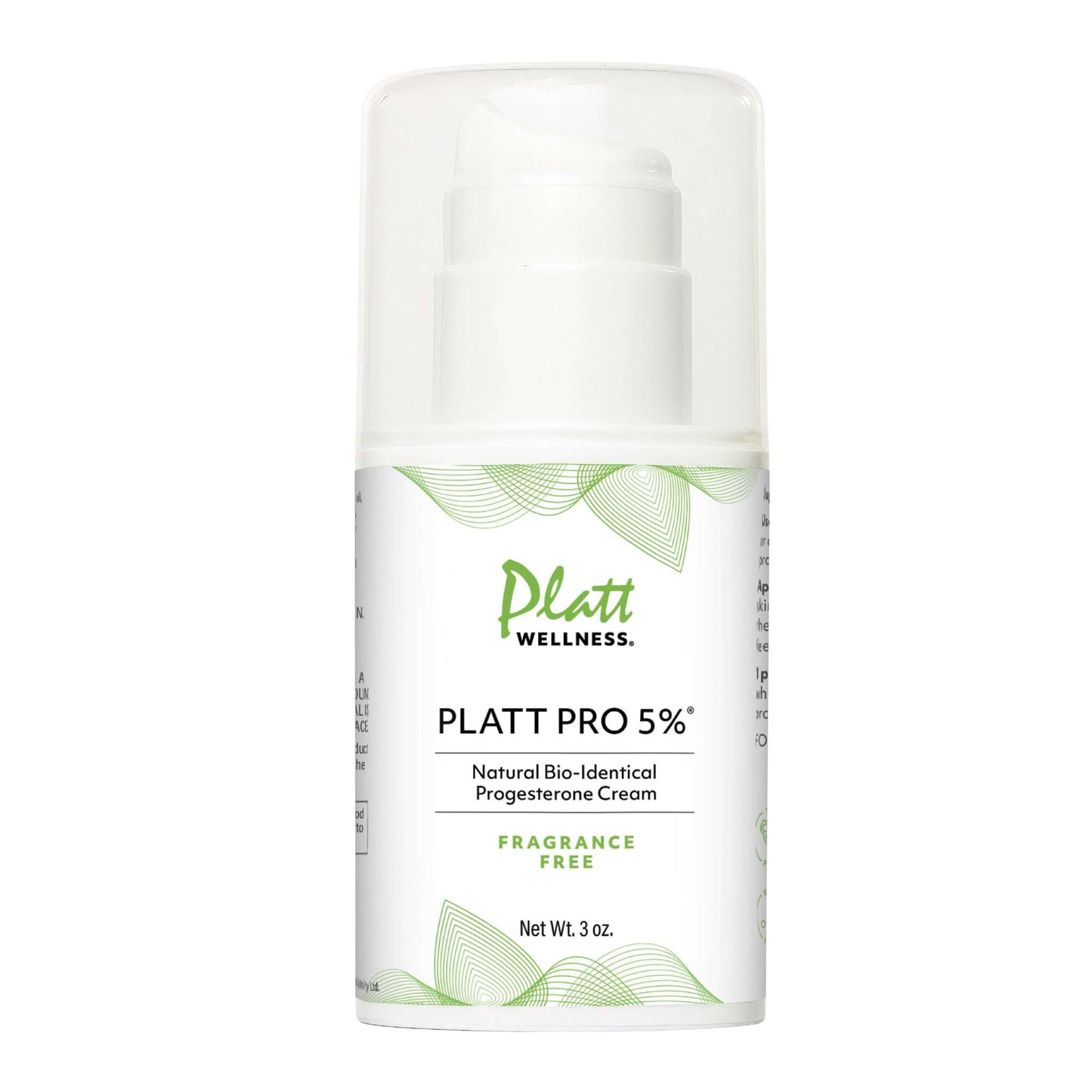It's more than just a sleeping hormone.
- Is a powerful anti-oxidant
- Prevents and treats osteoporosis
Melatonin is a hormone secreted by the pineal gland which is located in the brain. It is produced at night with the highest levels secreted around midnight. It regulates our circadian rhythm and tells us when to sleep and when to wake.
It occupies a unique position because it controls many of the body’s other hormones, it directs how the body uses energy to control temperature, hunger, mood, and repair of cells. It keeps the body in balance, a condition referred to as homeostasis. It is a hormone that controls the growth phase in childhood and the progressive decline of aging.
Melatonin exerts a tremendous influence on the body because it is a very powerful antioxidant, even more so than vitamin C and E. Antioxidants prevent us from damage in our tissues caused by free radicals, which contribute to aging in the form of heart disease, cancer, cataracts and immune impairment.
Because of it’s ability to penetrate the blood brain barrier, its strong anti-oxidant capabilities have a neuro-protective effect on brain tissue and helps prevent Parkinson’s and Alzheimer’s disease. It's supplementation has been shown to prevent progressive damage in stroke patients.
Melatonin’s immune system enhancing quality is caused by its ability to improve the function of the thymus gland, the main function of which is to fight infections. Other benefits include its prevention of depression, its ability to help lower LDL cholesterol, and it helps prevent migraines.
In studies on how to lessen the inconvenience of jet lag, it is recommended you take 3 to 6 mg at bedtime at your destination, but don’t continue this dose after jet lag is controlled, and don’t combine melatonin with a sleeping pill.
We are genetically preprogrammed to age at a certain rate. This programming results in a decline of melatonin which is felt to be a signal to other cells to get old. At age 60, our melatonin levels have decreased by 50%, and we start getting signs of aging.

